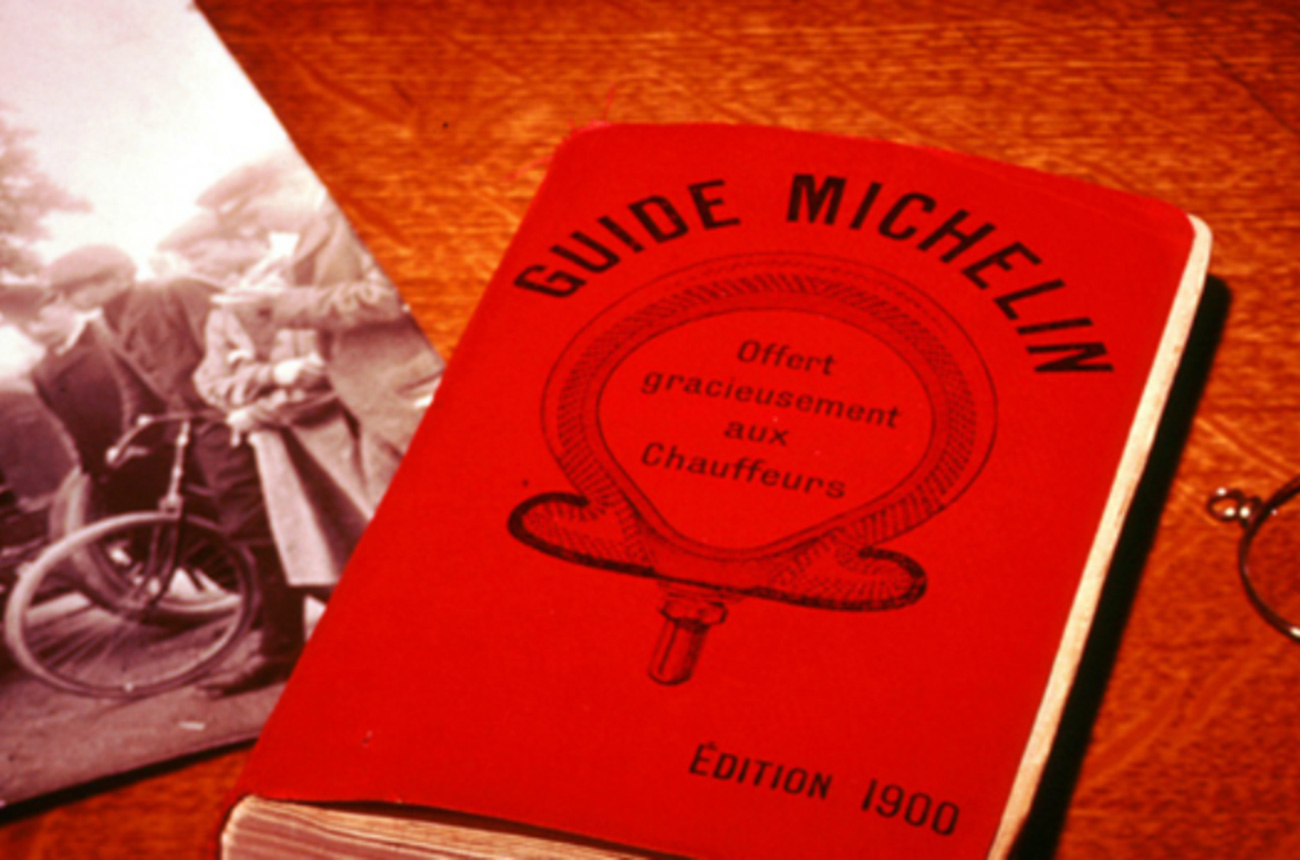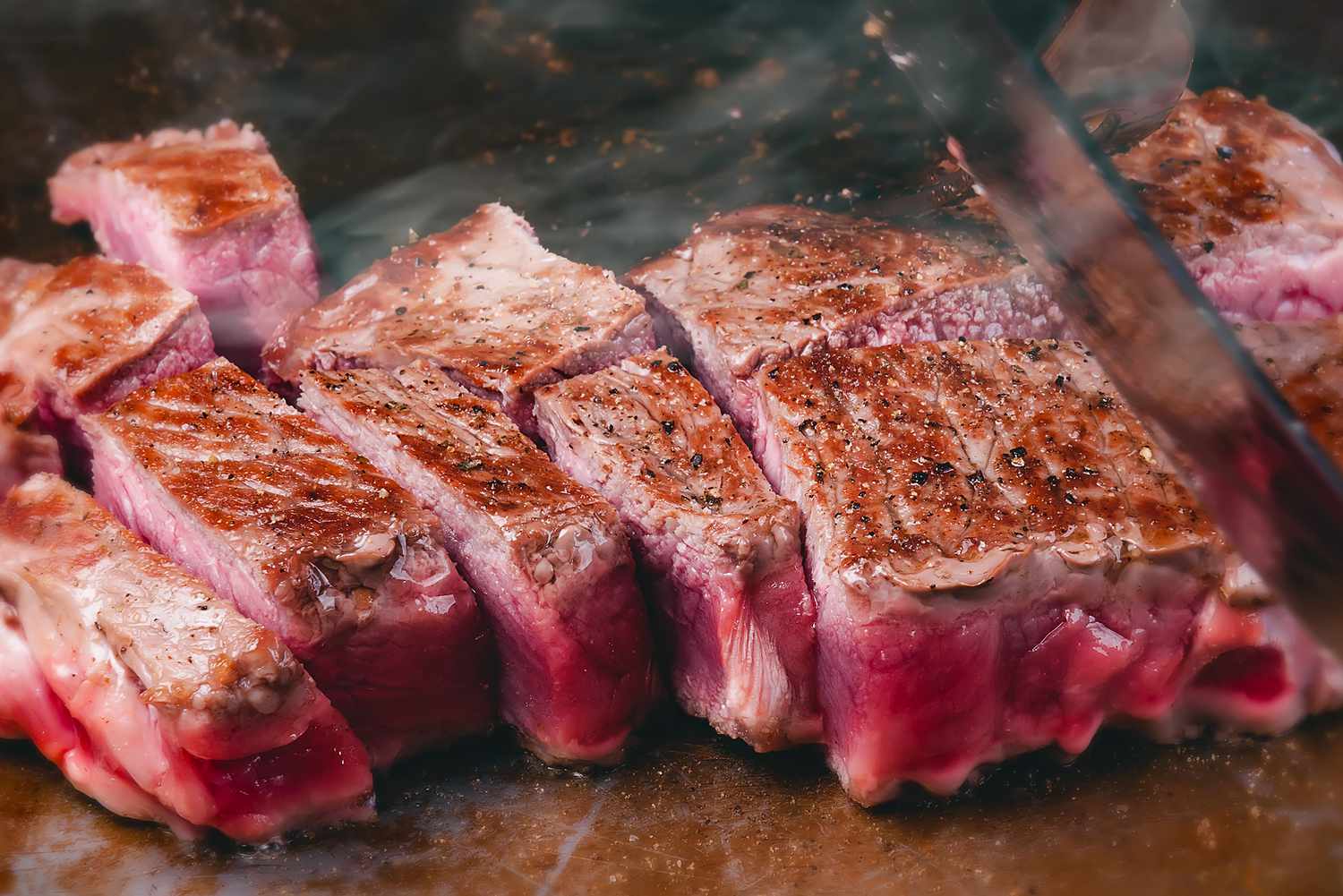Culinary and gastronomy could really be discussed in eternity and even without exploring all the interesting topics to the end. :) In today's blog, inspired by our own experience, we will explain some terms that you will often come across in restaurants of all categories and which, sometimes, can cause discomfort because we do not know the exact meaning of the same. We hope that today's article will help you enjoy even more excellent dishes of Montenegrin restaurants in the future. :)
Aperitif - an alcoholic drink before a meal, to increase appetite.
Abatis - small organs of poultry: head, neck, heart, liver, wings, stomach.
Poached - barely briefly boil some food in wine, fondue, salty and acidified water.
Saute - fry quickly and quickly in shallow fat or butter.
Breaded - roll the food in flour before cooking; there are several types of breading: French, Parma, English, Viennese, Eagle, Natur.
Fry - fry (fry) breaded food in deep fat.
Popiet, polpet - a thinly rolled piece of meat with stuffing.
Abser - to roll, to wrap some food like bread dough.
American - a dish prepared in the American way, with bacon and tomato.
Flambé - light a fire, pour some alcohol over the dish and set it on fire.
Anzecovati - break the ice into small pieces.
Seasonal - to refine the taste of a dish.
Autrebovati - soften the butter, but so that it is neither liquid nor solid.
Auštehovati - to shape a food with aušteher (metal shaping form), to extract aušteher balls from vegetables.
Bardirati - cover the meat with slices of bacon to protect it from excessive drying during baking.
Bridirati - tie some food (meat, fish) to preserve the desired shape during heat treatment.
Blanch - steam, briefly boil some food; thermal fast processing of some food up to 50%.
Brinoaz - vegetables cut into very small cubes 2-3 mm.
Belvi - beautiful appearance; a name for certain dishes and garnishes.
Bukanirati - dry pieces of meat in the sun or over a fire.
Garnish-bouquet - a stalk of fine spicy vegetables and herbs that is added to the dish, and contains mainly carrots, celery root, parsley, parsnips, thyme, bay leaf, peppercorns.
Glaze - give shine to food or a dish, pour meat or fish extract, aspic, butter or fondue over the dish.
Gremolata - a crumbled mixture of spices: parsley, garlic and grated lemon peel, used to season some grilled dishes.
Gratinate - bake the dish to get a yellow color on the surface, catch the crust; the dish is topped with ogreten-sauce, royal mass or some similar sauce and finished in the oven.
Fond - basic or basic ingredient for all dishes and sauces; semi-finished product obtained by cooking meat, vegetables, bones, spices.
Fillet - a steak, a piece of meat or fish without bones.
Stuff - chop or grind very finely.
Garnish - add a side dish to the main dish, add a side dish - an addition to a dish.
Stew - simmer, fry a food with a gradual and small addition of water or fondant.
Decant - slowly pour some liquid, wine, fund, so as not to cloud.
Decorate - to decorate, beautify a dish or appetizer.
Tenth - cook vegetables at an elevated temperature before sautéing, stewing or otherwise heat-treating.
Declassify - pour the juice from the roast.
Degrease - remove foam or fat from cooked food.
Train - shape, give food a certain shape.
Extras - chop herbs; chop bread crumbs.
Julien - cut some food into thin noodles.
Zesta - orange or lemon peel chopped into small noodles.
Konkase - cut some food into cubes.
Crouton - a piece of white bread cut into various shapes (circle, cube), baked or sauteed in butter; stale bread cut into cubes and sauteed in fat.
Lustrate - brush a food with butter or gelatin.
Marcerivati - to moisten, moisten a food.
Marinate - keep some food (vegetables, meat, fish, game) in the marinade (marinade) to get a better taste and quality or to prevent spoilage.
Maxirate - pour some food with mayonnaise, aspic or shofroad sauce.
Matignon - cut some food into slices; cut in a peasant (peizan) way - into slices.
Madrilen - a dish spiced with tomato, tomato puree or tomato sauce.
Mirpoa - a combination of chopped onion, carrot and celery; white myrtle - garlic, white leek, mushroom, parsnips, onion, celery.
Marinade - a liquid, a mixture of spices and vegetables in which meat, fish, game are dipped to improve the taste.
Natur - a naturally prepared dish without other additives.
Panache - two or more types of mixed fruits, vegetables and meat; expression refers to salads.
Payzan - cut into larger pieces.
Eliteration - boil the food and then bake it.
Panglovati - separate meat from bones.
Strain - pass the food through a small piece of paper, wire, wire or strainer.
Primavera - a dish topped with seasonal vegetables or garnished with vegetables.
Reduce - boil the liquid to the desired density.
Rest - fry some food in shallow fat.
Roll - wrap, wrap some food (meat, steak, dough) in the form of a roll.
Brine - a mixture of salt, saltpetre or nitrate and spices; for canning fresh meat for a longer period of time.
Slice - cut into thin slices.
Saltovati - mix the contents of the pan into jerks without other aids.
Tranzirati - cut and separate the meat into pieces.
Fillify - separate the piece
Frapirati - to cool a food abruptly after heat treatment.
Fry - heat the food in deep fat.
Frying - fat for frying, most often a mixture of fat and oil.
Fil - farc, stuffing, mixture for stuffing meat, poultry, vegetables.
Filling - stuffing, filling a food with stuffing (filling).
Lard - prick, make slits (holes) in meat or vegetables and fill them with food chopped into sticks.
Scheme - pour over the food with timed (melted) aspic.
Stew - roll the food in flour or sprinkle it with flour or sugar.
Foodbook.me - Online Guide for restaurants in Montenegro with over 400,000 visits!













Leave a comment